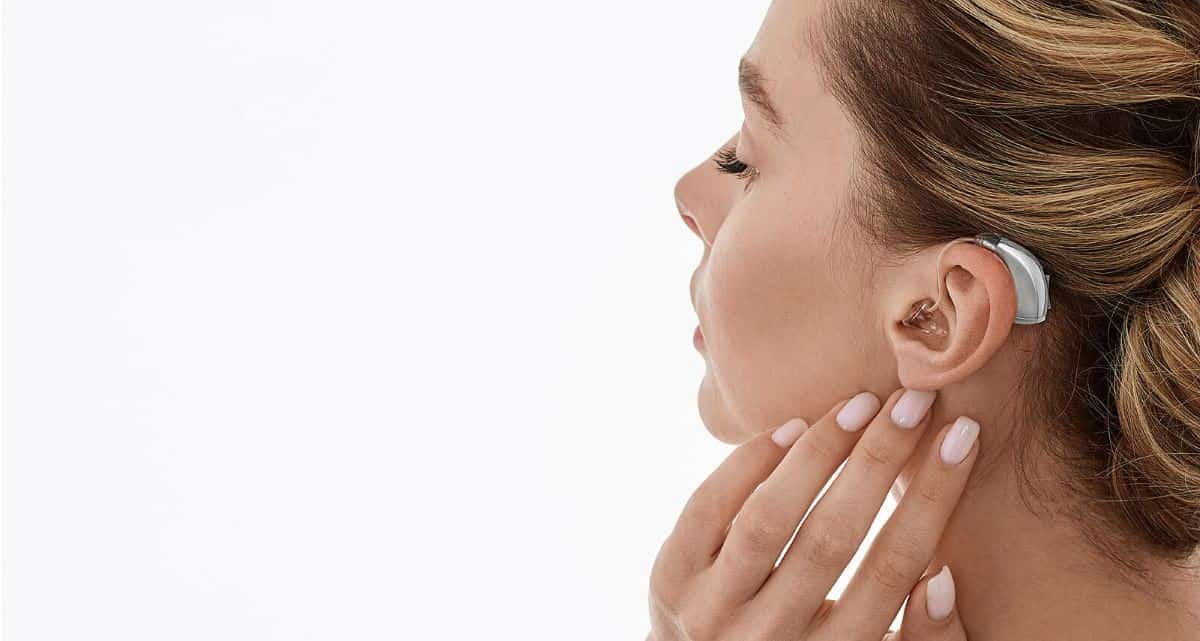Congratulations on taking the first step towards better hearing by getting your hearing treated! Treating your hearing loss can improve your quality of life and make you enjoy a better connection with your loved ones. According to a recent study, only one in three adults with hearing loss seek treatment, meaning you are in the minority.
As you begin using your new hearing aids, you may have questions about how they work and what to expect. Here are some answers to some common questions people have about their new hearing aids:
When will I get used to my new hearing aids?
It can take some time to get used to wearing hearing aids, and it is normal to experience some discomfort or irritation at first. However, most people get used to their hearing aids within a few days to a week and notice a significant improvement in their hearing. Suppose you are experiencing discomfort or difficulty adjusting to your hearing aids. In that case, it is essential to contact your hearing specialist for help.
Can hearing aids correct my hearing like eyeglasses can do or my vision?
Hearing aids can improve your hearing but will not restore it to excellent levels. The amount of improvement you experience will depend on the severity of your hearing loss, and some people may still have difficulty hearing certain sounds even with their hearing aids. However, most people find that their hearing is significantly improved with hearing aids.
How much maintenance do hearing aids need?
Hearing aids require regular maintenance to function correctly. This may include cleaning, changing the batteries, and checking for any problems or issues. Your hearing specialist will provide detailed instructions on how to care for your hearing aids. They will be available to help if you have any questions or concerns.
Are all hearing aids the same?
No, hearing aids come in various styles and sizes, and the type of hearing aid you have will depend on your individual needs and preferences. Some hearing aids are small and discreet, while others are larger and more visible. Your hearing specialist will help you to choose the right hearing aid for your needs.
What if I encounter issues?
Something is wrong with my hearing aid. If you believe there is something wrong with your hearing aid, it is essential to contact your hearing specialist for help. They will be able to diagnose any problems and provide you with the appropriate treatment or repair.
If your hearing aids are making a whistling sound, there is likely a problem with the fit or the seal of the hearing aids. This can cause feedback, which is the whistling sound you are hearing. If this happens, it is essential to contact your hearing specialist for help.
Why doesn’t music sound right with hearing aids?
Hearing aids are designed to amplify sounds but do not necessarily restore your hearing to perfect levels. As a result, some people may find that music sounds different with hearing aids, and they may not be able to listen to all of the nuances and subtleties of the music.
However, most people find that their enjoyment of music is improved with hearing aids, and they can listen to a broader range of sounds and enjoy a fuller musical experience.
Will hearing aids make my tinnitus worse?
Tinnitus is when a person hears a ringing, buzzing, or other noise in their ears, even when there is no external sound.
In most cases, hearing aids can help to improve tinnitus by providing a more balanced and natural sound environment. However, in some cases, hearing aids may worsen tinnitus, mainly if the hearing aids are not correctly fitted or adjusted. If you have tinnitus, it is essential to discuss this with your hearing specialist and to have your hearing aids fitted and adjusted correctly.
How long will my hearing aids last?
The lifespan of hearing aids can vary depending on the hearing aid you have and how well you care for them. In general, hearing aids are designed to last for several years, and most people can expect to get at least four to five years of use from their hearing aids. However, if you take good care of your hearing aids, they may last even longer.
What if my hearing loss gets worse?
If your hearing loss gets worse, it is essential to contact your hearing specialist for help. They will be able to assess your hearing and determine the best course of action. In most cases, hearing aids can be adjusted or updated to accommodate changes in your hearing, and your hearing specialist can provide you with the appropriate treatment.
Suppose your hearing loss progresses to the point where hearing aids are no longer sufficient. Your hearing specialist may recommend other options, such as cochlear implants or assistive listening devices. It is essential to follow your hearing specialist’s advice and keep your hearing regularly tested to maintain the best possible hearing.

